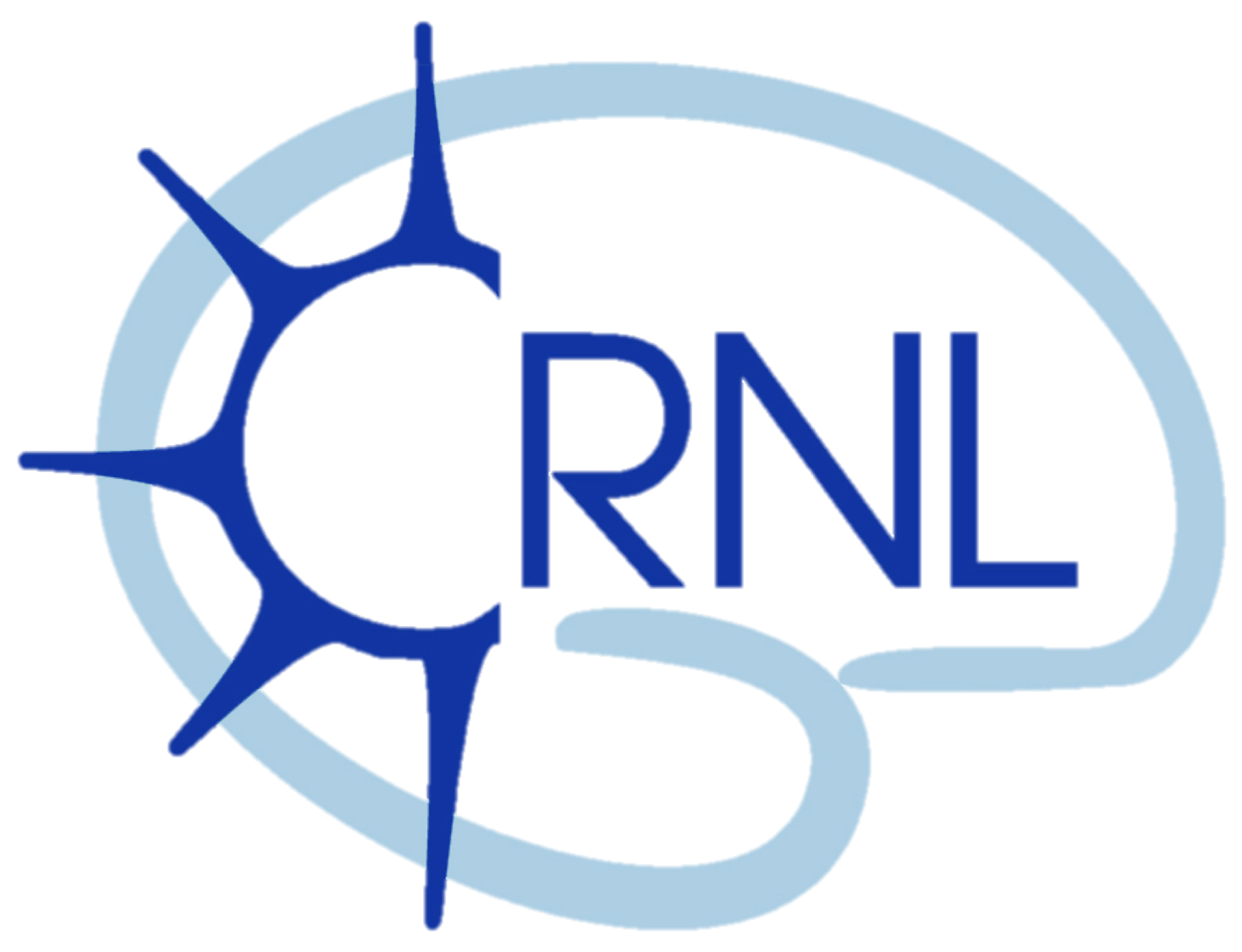Clinical and genetic keys to cerebellar ataxia due to FGF14 GAA expansions
Clés cliniques et génétiques de l'ataxie cérébelleuse causée par des expansions GAA de FGF14
Résumé
SCA27B caused by FGF14 intronic heterozygous GAA expansions with at least 250 repeats accounts for 10-60% of cases with unresolved cerebellar ataxia. We aimed to assess the size and frequency of FGF14 expanded alleles in individuals with cerebellar ataxia as compared with controls and to characterize genetic and clinical variability.
We sized this repeat in 1876 individuals from France sampled for research purposes in this cross-sectional study: 845 index cases with cerebellar ataxia and 324 affected relatives, 475 controls, as well as 119 cases with spastic paraplegia, and 113 with familial essential tremor.
A higher frequency of expanded allele carriers in index cases with ataxia was significant only above 300 GAA repeats (10.1%, n = 85) compared with controls (1.1%, n = 5) (p < 0.0001) whereas GAA250-299 alleles were detected in 1.7% of both groups. Eight of 14 index cases with GAA250-299 repeats had other causal pathogenic variants (4/14) and/or discordance of co-segregation (5/14), arguing against GAA causality. We compared the clinical signs in 127 GAA≥300 carriers to cases with non-expanded GAA ataxia resulting in defining a key phenotype triad: onset after 45 years, downbeat nystagmus, episodic ataxic features including diplopia; and a frequent absence of dysarthria. All maternally transmitted alleles above 100 GAA were unstable with a median expansion of +18 repeats per generation (r2 = 0.44; p < 0.0001). In comparison, paternally transmitted alleles above 100 GAA mostly decreased in size (-15 GAA (r2 = 0.63; p < 0.0001)), resulting in the transmission bias observed in SCA27B pedigrees.
SCA27B diagnosis must consider both the phenotype and GAA expansion size. In carriers of GAA250-299 repeats, the absence of documented familial transmission and a presentation deviating from the key SCA27B phenotype, should prompt the search for an alternative cause. Affected fathers have a reduced risk of having affected children, which has potential implications for genetic counseling.
Domaines
Sciences du Vivant [q-bio]| Origine | Fichiers produits par l'(les) auteur(s) |
|---|---|
| licence |




